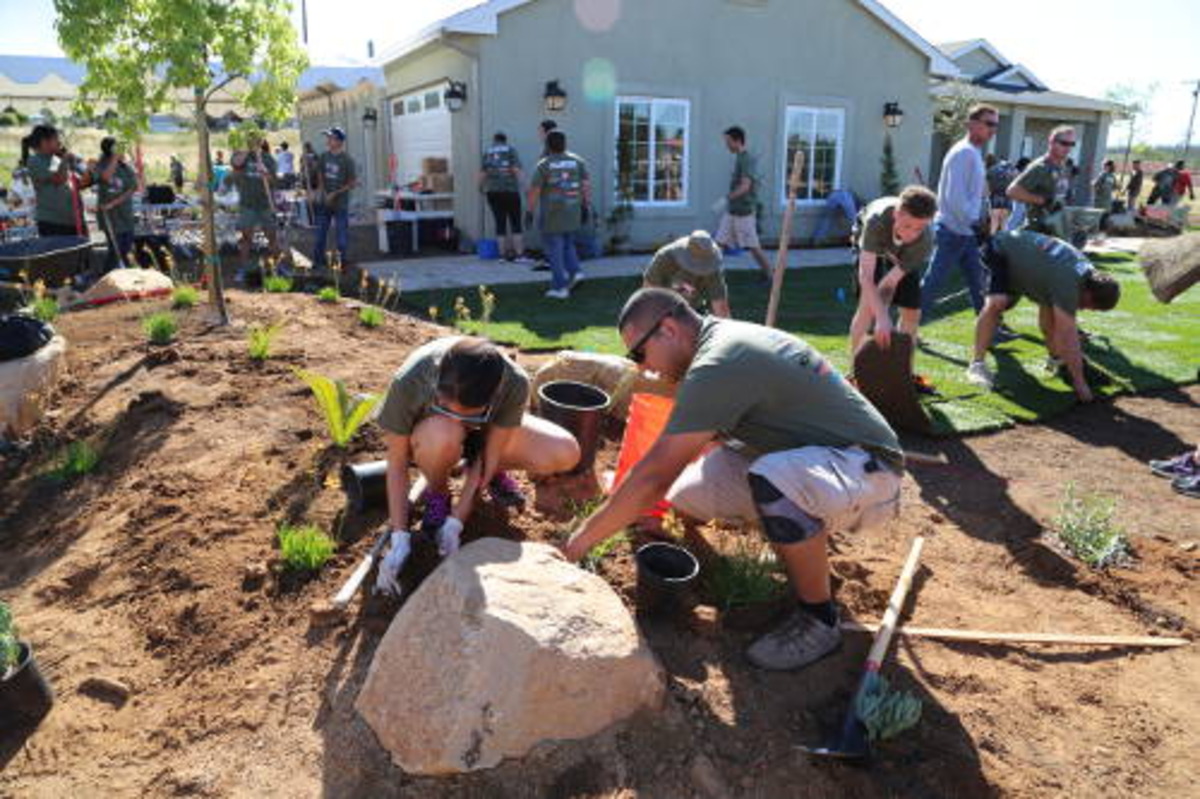Key Takeaways
- Understand how veteran engagement programs strengthen community bonds.
- Discover various initiatives and their positive impact on veterans and society.
- Learn about best practices for implementing such programs in your community.
Introduction to Veteran Engagement Programs
Veteran engagement programs are strategic efforts aimed at aiding veterans in transitioning from military service to civilian life. These initiatives, which span a variety of services and activities, are vital not only for providing veterans with essential resources and networks but also for strengthening community relationships and understanding. At their core, these programs create two-way benefits: they help veterans effectively use their skills and experience in new settings while promoting a sense of belonging and unity within the community. Successfully facilitating transitioning from military service to civilian life is a central objective of such programs. Veterans face numerous challenges when integrating back into civilian society, including finding employment, dealing with health issues, and adjusting socially. This underscores the importance of robust support systems that can provide tangible assistance and emotional support, making the adaptation process smoother and more effective for all parties involved.
Why Communities Benefit from Supporting Veterans
The advantages of engaging veterans go beyond the immediate relief they provide to the individuals involved. Communities that champion veterans’ causes often experience profound positive shifts. Supporting veterans can enhance social cohesion by fostering respect and understanding among residents. According to the Pew Research Center, such efforts can lead to a reduction in crime rates, as veterans are more likely to participate in community protection efforts. Furthermore, the civic involvement prompted by these programs engages veterans in activities that serve societal needs, which benefits the wider community manifold.
Types of Veteran Engagement Initiatives
There’s a broad array of veteran engagement initiatives tailored to meet different needs. Educational and training programs are pivotal, equipping veterans with the skills they need to thrive in civilian jobs. These programs cover everything from technical skills to higher education opportunities. Community service initiatives, on the other hand, leverage veterans’ leadership skills and experience in structured settings that benefit societal projects greatly. Moreover, mental health support services are an essential component of these initiatives, providing veterans with opportunities to address issues such as PTSD, anxiety, and depression in safe, supportive environments.
Best Practices for Implementing Veteran Programs
Implementing veteran programs effectively requires sound strategies that consider the diverse backgrounds and needs of veterans. Creating an inclusive environment is at the top of the list. Programs that raise awareness about veterans’ strengths and capabilities help dispel preconceived notions. Establishing partnerships with local businesses is also crucial as it opens pathways for employment opportunities and community integration. Providing customized support that considers veterans’ unique challenges and experiences ensures that initiatives resonate more deeply, achieving more significant results.
Real-Life Success Stories
Several communities across the nation have experienced success through their veteran engagement initiatives, offering inspiring examples for others to emulate. In Austin, Texas, for instance, a comprehensive set of programs designed to integrate veterans into civilian roles has produced remarkable outcomes. The initiatives have bolstered the local economy as veterans use their skills in various sectors and fostered tighter community bonds by demonstrating profound civic responsibility and leadership. Such success stories underscore the potential for veteran programs to radically enhance community life.
Resources for Enhancing Veteran Support
Despite locally driven initiatives, broader support networks are often needed to bolster efforts at the community level. The U.S. Department of Veterans Affairs stands out as a pivotal resource for communities aiming to enhance veteran support. This government agency provides invaluable assistance ranging from funding opportunities to expert guidance on developing effective veteran services. Leveraging these national resources can empower local initiatives, ensuring their long-term sustainability and maximum impact.
Addressing Common Challenges
Implementing veteran engagement programs is not without difficulties. Financial constraints often pose significant challenges, limiting the scope and sustainability of projects. Additionally, awareness gaps can hinder community uptake and enthusiasm for these programs. However, these hurdles can be overcome. Communities can explore diverse funding sources, including federal grants and private sector partnerships, to bolster finances. On the other hand, awareness campaigns can educate and engage the broader community, crafting a more supportive and inclusive environment for veterans.
Encouraging Community Participation
Active community involvement is critical to the success of veteran engagement initiatives. Encouraging participation from local businesses, educational institutions, and residents can significantly amplify the benefits of these programs. When a community collectively invests in the well-being of its veterans, it not only ensures their successful reintegration but also fosters a sense of shared responsibility and unity. A community-wide approach to veteran support enhances the effectiveness of initiatives and helps create a more compassionate, cohesive society.
Conclusion
In conclusion, veteran engagement programs play a crucial role in fostering stronger, more united communities by helping veterans transition successfully into civilian life while benefiting society as a whole. These initiatives provide veterans with essential resources, support, and opportunities while also promoting civic involvement, social cohesion, and mutual respect. By implementing best practices, addressing challenges, and encouraging active community participation, communities can harness the full potential of these programs to enhance both the well-being of veterans and the fabric of society. Through continued support and collaboration, veteran engagement can lead to lasting, positive change for everyone involved.











